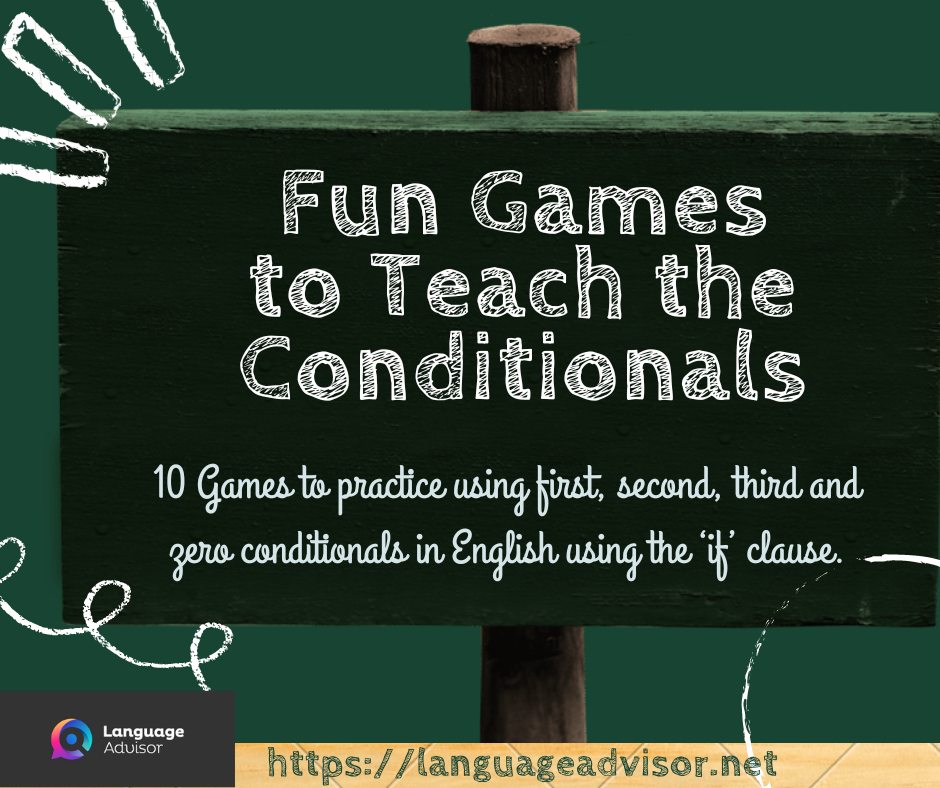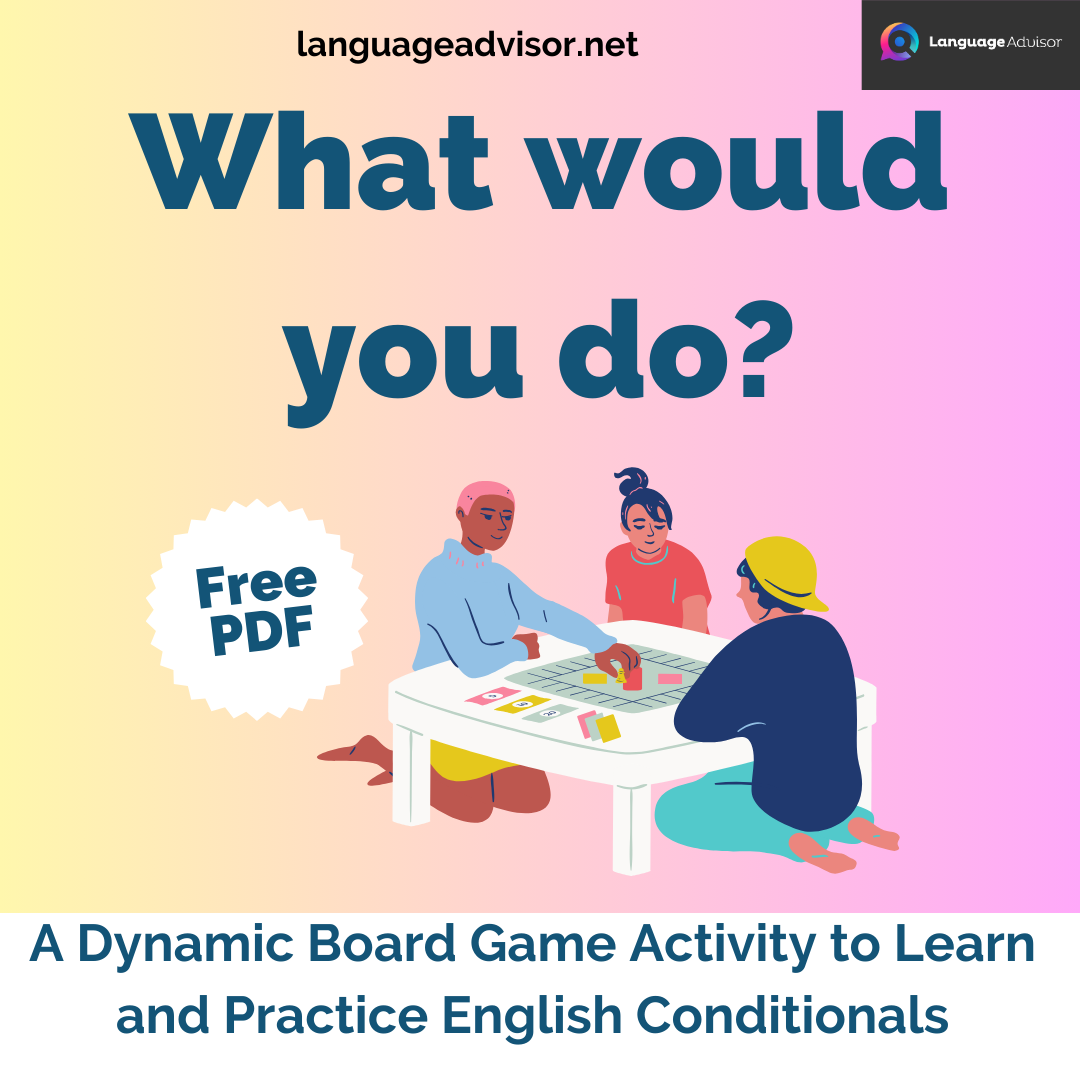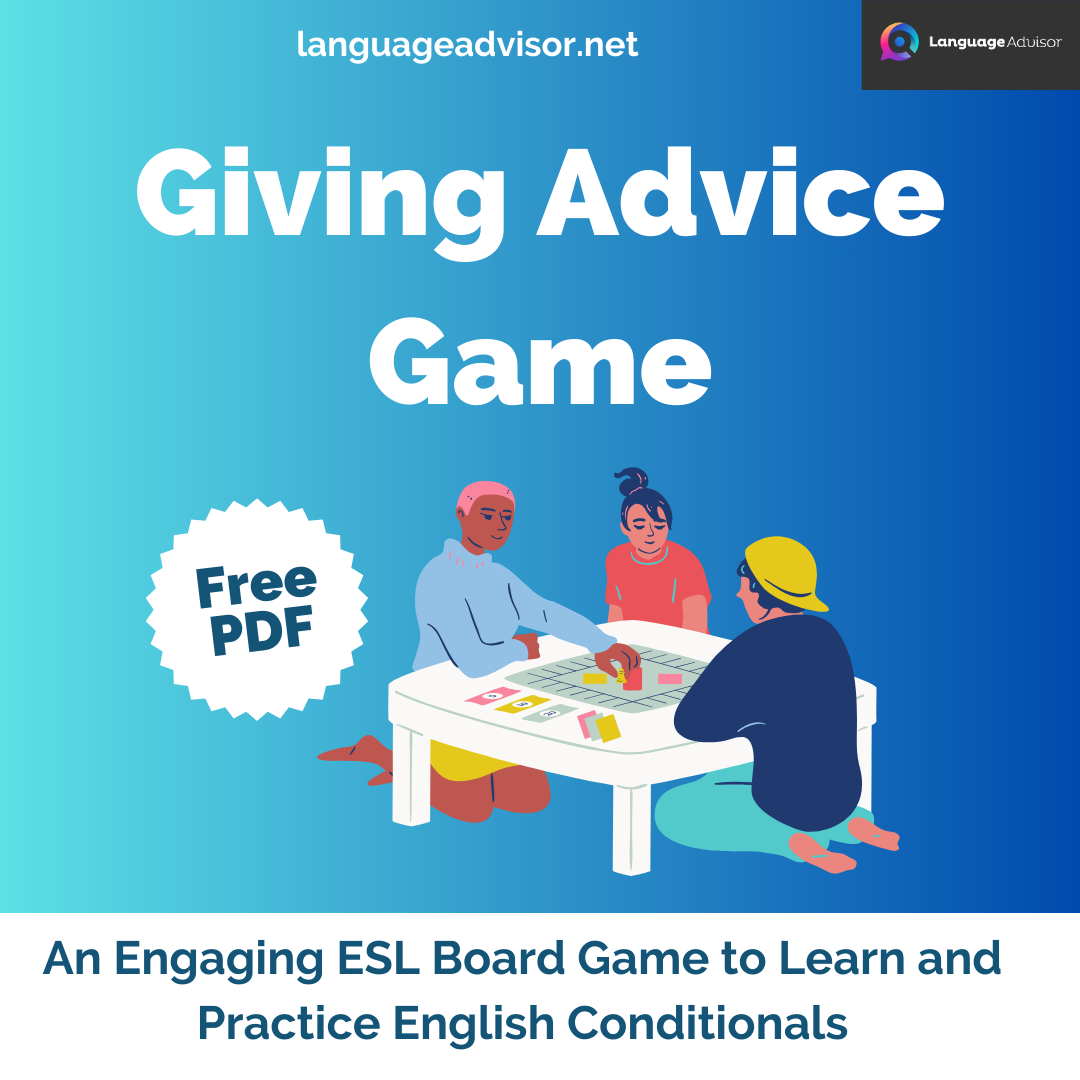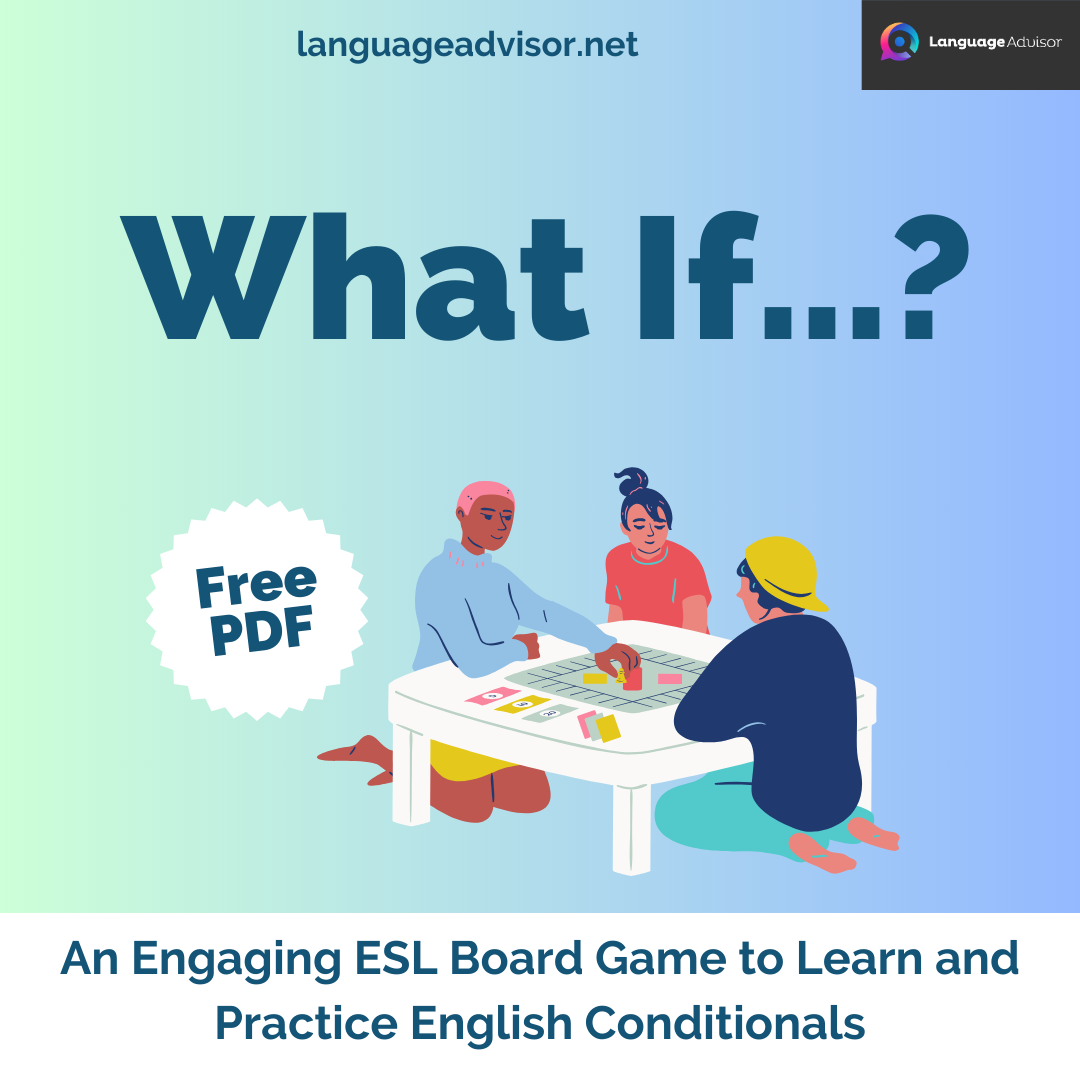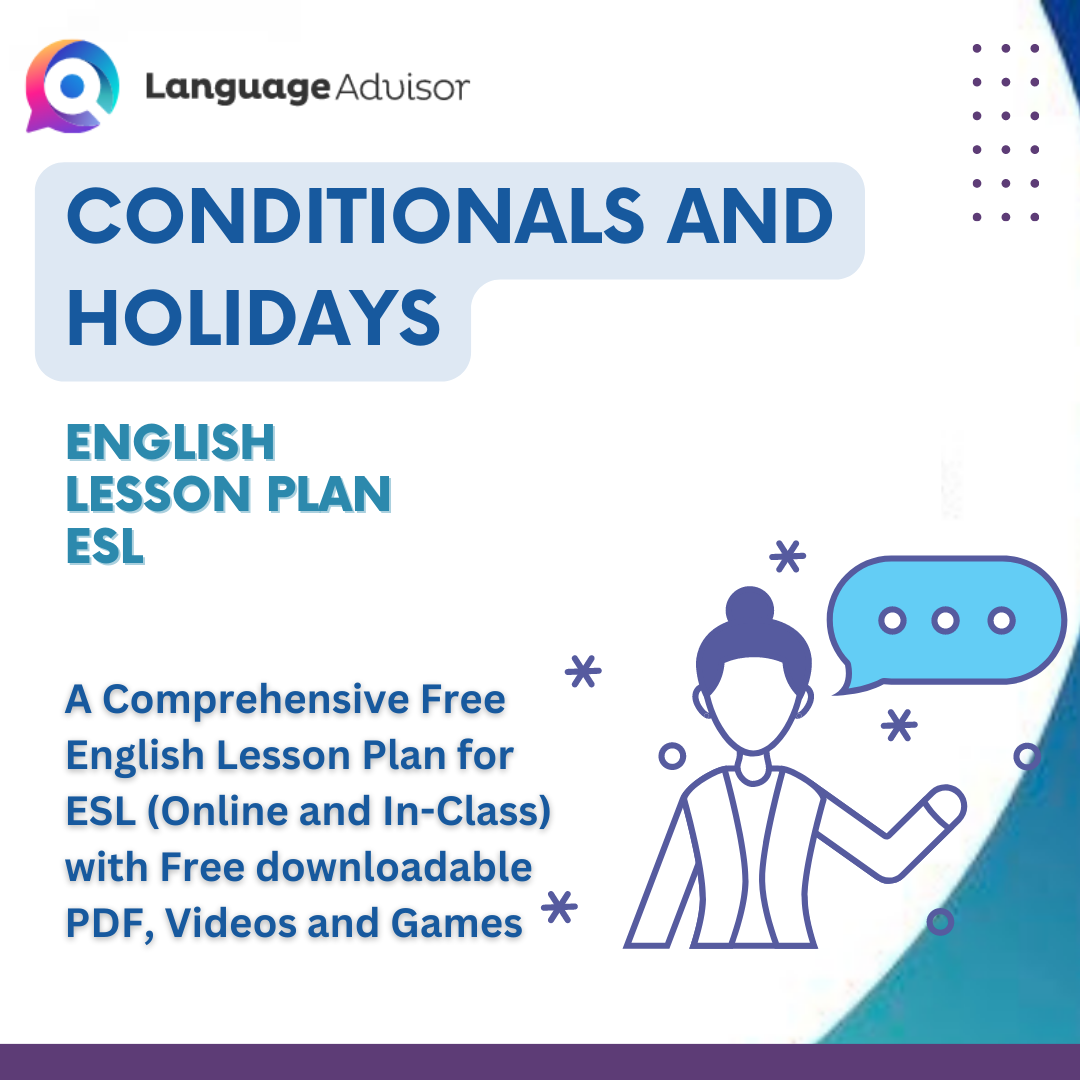Fun Games to Teach the Conditionals. 10 Games to practice using first, second, third and zero conditionals in English using the ‘if’ clause.
Fun Games to Teach the Conditionals
Fun Games to Teach the Conditionals
Fun Games to Teach the Conditionals. 10 Games to practice using first, second, third and zero conditionals in English using the ‘if’ clause.
When you are teaching grammar, introducing games into your classroom will lead to some serious benefits.
Grammar games promote a more relaxed environment for using newly acquired grammar skills, add color to otherwise black and white grammar concepts.
Learning a new language should be enjoyable and by using games, you can transform grammar lessons from stale to stimulating!
Here you can find many grammar games to learn and practice the conditionals and the “if clause“.
If you change, everything will change for you
~
Jim Rohn
Fun Games to Teach the Conditionals
Games to practice using first, second, third and zero conditionals in English using the ‘if’ clause.

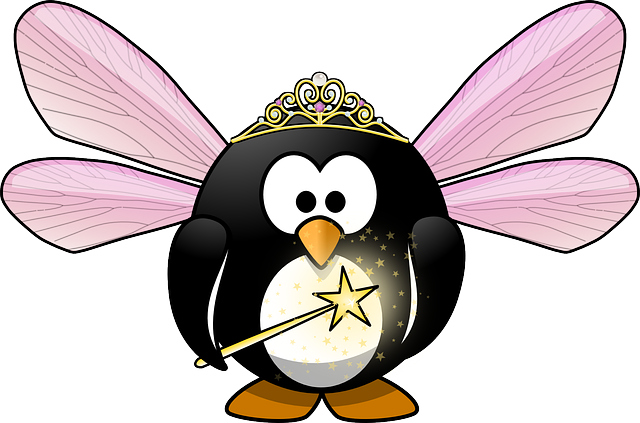
MAGIC WAND WARMER
This activity helps them to learn about others’ desires and frustrations and to practice the use of the conditional form with “would”.
You have just found a magic wand that allows you to change three work-related activities. You can change anything you want. How would you change yourself, your job, your boss, co-workers, an important project, etc.?”
Have your students discuss why it is important to make the change. Another variation is to have them discuss what they would change if they become the boss for a month or about things they would like to change about their school.

WISHES BALL

This is a warm-up activity to revise wishes and regrets and the conditional in the past.
Write the beginning of the sentence “I wish…” and passes a ball or another object to a student who has to finish the sentence so that it can be true for him. When you practice the forms for the present you can say that now they have to think about the past (so they can use the Past Perfect Tense).

ADVICE LETTER TO FUTURE STUDENTS

You can use this activity as a closer at the end of a course. It is a valuable ending exercise in getting students to think about what was learned over the term and practice the language for giving advices.
Have students write a letter to future students with advice for succeeding in the class. Go over language for advice as necessary: “You should—,” “It’s a good idea to—, “and “If I were you, I’d—“. Tell them to develop their ideas and give reasons for the advice.

WHAT SHOULD I DO?

This activity develops critical thinking skills and discussion skills and can serve as an introduction to a unit on ethics or moral choices.
You can introduce this lesson by first discussing the word “dilemma” and its root and meaning: the beginning “di” suggests two, in this case, two choices, neither necessarily good or obviously the best. Give an example of such a dilemma: e.g.,The person sitting next to you in a bus dropped his wallet as he was getting off. There is $100 cash in it. What should you do? Have students brainstorm a list of options, such as try to follow the owner and return it, keep it, give it to the driver, etc. Together try to come to consensus on the best choice.
As a follow-up activity, students can work in groups with a list of ethical dilemmas, working through them and coming up with best solutions.


DINNER PARTY
At the end of class, have students work together to plan a dinner party. Who would they invite? Why? Who should sit next to whom, and who shouldn’t sit together? Why? Have students work in groups to plan the guest list and seating arrangements.

CREATE A NEW ENDING

With this activity, students can paractice discussion and writing skills as well as using critical thinking skills in coming up with a new ending.
At the end of class after watching a movie or reading a story, have students create a new ending for the story. Begin by asking, “What would happen if …” as possible alternate endings. Students can then work in pairs and share their new ending with their classmates.


IF I WERE RICH
The aim of this activity is to introduce the unreal or second conditional.
Procedure
Play a clip of the song from the musical “Fiddler on the Roof.”, “If I Were a Rich Man” .
Then lead a discussion of the things that the character Tevye wants but doesn’t have. Students can then create their own lists of what they would do if they were rich or interview each other. At the end, compare the results with the class.


WARNING NOISES
Select five or six ‘Be careful …’ warning sentences, e.g. ‘If you eat that, it’ll poison you‘. Ask your students to decide where the main stresses are in each sentence. Then offer a strong model of intonation for giving warnings. Get students to experiment saying these in pairs, then stand up and mingle. Every time they meet another learner, they give a warning.
When they’ve had enough, ask learners to write new warnings they could give people. When ready, repeat the mingling activity.
aLTERNATIVE TIP: DANGEROUS RESULTS
Give one student a warning about some small, insignificant actions, e.g. If you drop your pen it will break. Ask your students to continue the sentence eliciting another warning, e.g. If your pen breaks you won’t be able to take the exam. The warnings should become bigger and stronger as the chain goes on.


PROMISES, PROMISES
Say that you have a million dollars to give someone and you will give it to the person who persuades you the best. Teach them the sentence structure: ‘If you give me a million dollars, I’ll …’ and then let the learners take it in turns to try and persuade you. Award the ‘cash’ to the best or funniest promise.


STAR WARNINGS
Ask the class to work in groups. Each group thinks of a famous story they all know – e.g. a fairy story such as Red Riding Hood or a film such as Star Wars. Ask each group to think through the story and imagine what warnings they could give the characters at various points in the story: e.g. ‘If you meet a wolf – run!‘, or ‘If you can’t see your granny – phone the police!’.
When ready, pairs of groups meet and say only their warnings; the other group must guess what the original story was. When both groups have heard all the warnings they should invent a completely new story for which all the warnings apply.

Fun Games to Teach the Conditionals
Here are some games you can find on Language Advisor
Fun Games to Teach the Conditionals


